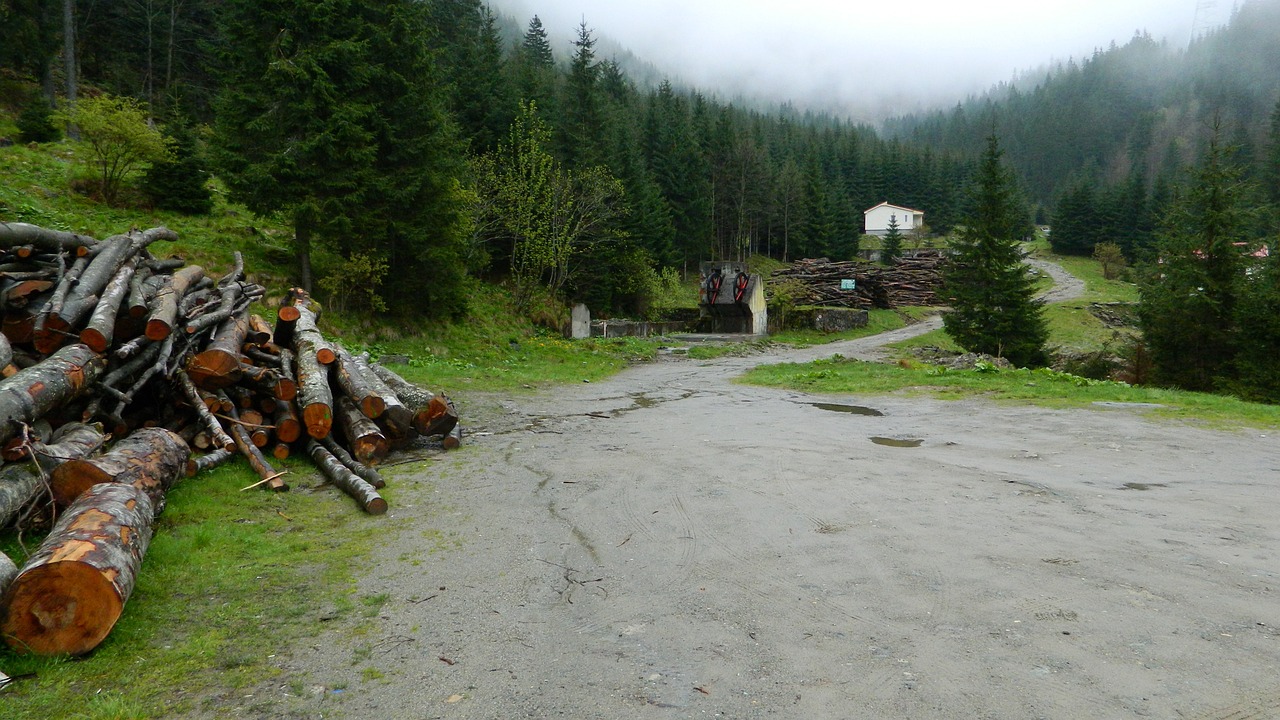Romania Video:
Retaining Productivity: Facing Common Challenges in Romania
Romania, located in Eastern Europe, has been making significant strides in economic growth and development. As the country continues to evolve, it faces various challenges that can impact productivity levels. This article explores some of the common challenges faced by Romania and provides insights on how to retain productivity in the face of these obstacles.
1. Infrastructure Development
Romania’s infrastructure plays a crucial role in supporting economic growth and productivity. However, inadequate infrastructure development remains a significant challenge. The lack of well-maintained roads, railways, and ports can hinder efficient transportation of goods and services, leading to delays and increased costs.
- Poor road conditions: Many roads in Romania are in need of repair, resulting in longer travel times and increased vehicle maintenance costs.
- Inadequate railway system: The railway system requires modernization to improve connectivity and efficiency in transporting goods across the country.
- Limited port facilities: Romania’s ports need further development to handle increased trade volumes and accommodate larger ships.
2. Skill Gap in the Workforce
Another challenge faced by Romania is the skill gap in the workforce. While the country has a well-educated population, there is a mismatch between the skills required by employers and the skills possessed by job seekers.
- Lack of technical skills: There is a shortage of individuals with technical skills, such as engineering and IT, which are in high demand in the modern job market.
- Language barriers: Fluency in foreign languages, especially English, is essential for many industries. However, there is a need for improved language training programs to enhance communication skills.
- Entrepreneurial mindset: Encouraging an entrepreneurial mindset can boost innovation and productivity. Promoting entrepreneurship education and providing support for startups can help bridge the skill gap.
3. Corruption and Bureaucracy
Corruption and bureaucracy pose significant challenges to productivity in Romania. These issues can create barriers for businesses, leading to delays, increased costs, and a lack of transparency.
- Corruption: Measures to combat corruption are necessary to create a fair and transparent business environment. Implementing stringent anti-corruption laws and promoting ethical practices can help address this issue.
- Bureaucratic red tape: Simplifying administrative procedures and reducing bureaucratic hurdles can streamline processes and improve efficiency for businesses.
- Transparency: Enhancing transparency in government operations and decision-making can build trust and foster a conducive environment for productivity.
4. Access to Financing
Access to financing is crucial for businesses to thrive and expand. However, many small and medium-sized enterprises (SMEs) in Romania face challenges in securing funding.
- High interest rates: SMEs often struggle with high borrowing costs, making it difficult for them to access affordable financing options.
- Limited access to capital: Improving access to capital through initiatives like government-backed loan programs and venture capital investments can support the growth of SMEs.
- Financial literacy: Promoting financial literacy programs can empower entrepreneurs and business owners to make informed financial decisions and improve their chances of obtaining financing.
5. Brain Drain
Romania faces the challenge of brain drain, where highly skilled individuals emigrate to other countries in search of better opportunities.
- Lack of attractive job opportunities: Creating a favorable business environment and investing in industries that offer competitive salaries and career growth can help retain talented individuals.
- Investing in education: Ensuring quality education and research opportunities can encourage talented individuals to stay and contribute to the country’s development.
- Support for innovation: Promoting innovation and entrepreneurship can create a thriving ecosystem that attracts and retains skilled professionals.
6. Work-Life Balance
Striking a balance between work and personal life is essential for maintaining productivity and overall well-being. However, long working hours and a lack of flexible work arrangements can impact work-life balance in Romania.
- Flexible work policies: Encouraging employers to implement flexible work arrangements, such as remote work or flexible schedules, can enhance work-life balance and employee satisfaction.
- Workplace wellness programs: Promoting wellness programs and initiatives that prioritize employee health and well-being can contribute to increased productivity and reduced stress levels.
- Family-friendly policies: Implementing family-friendly policies, such as parental leave and childcare support, can support employees in managing their work and family responsibilities.
7. Digitalization and Technology Adoption
Romania’s digitalization and technology adoption have the potential to drive productivity growth. However, there are challenges in terms of infrastructure and digital skills.
- Internet connectivity: Expanding high-speed internet access across the country can facilitate digitalization and enable businesses to leverage technology for productivity gains.
- Digital skills training: Investing in digital skills training programs and initiatives can equip the workforce with the necessary competencies to embrace new technologies.
- Support for innovation: Creating an environment that fosters innovation and entrepreneurship can encourage the adoption of emerging technologies and drive productivity growth.
8. Environmental Sustainability
Ensuring environmental sustainability is becoming increasingly important for businesses and society as a whole. Romania faces challenges in this area that can impact productivity.
- Energy efficiency: Promoting energy-efficient practices and technologies can reduce costs and enhance productivity while minimizing the environmental impact.
- Sustainable resource management: Encouraging sustainable resource management practices, such as waste reduction and recycling, can contribute to a greener economy.
- Green initiatives: Supporting green initiatives and providing incentives for businesses to adopt sustainable practices can drive productivity and create a positive environmental impact.
9. Employee Engagement and Motivation
Engaged and motivated employees are crucial for maintaining productivity levels. However, Romania faces challenges in this aspect, including low employee engagement and job satisfaction.
- Recognition and rewards: Implementing employee recognition programs and offering competitive compensation and benefits can boost motivation and engagement.
- Professional development opportunities: Providing opportunities for continuous learning and career advancement can enhance employee satisfaction and productivity.
- Workplace culture: Fostering a positive workplace culture that values teamwork, open communication, and work-life balance can contribute to higher employee engagement.
10. Collaboration between Government and Private Sector
Collaboration between the government and the private sector is crucial for addressing challenges and driving productivity in Romania.
- Public-private partnerships: Establishing partnerships between the government and private companies can leverage resources and expertise to overcome challenges and drive economic growth.
- Policy coordination: Ensuring coordination between government policies and private sector initiatives can create a favorable environment for productivity and innovation.
- Stakeholder engagement: Engaging stakeholders from both the public and private sectors in decision-making processes can foster collaboration and drive collective efforts towards productivity improvement.
11. Economic Diversification
Romania’s economy is heavily reliant on certain sectors, which can pose risks to productivity. Diversifying the economy can help mitigate these risks and drive sustainable growth.
- Promoting innovation and entrepreneurship: Encouraging innovation and supporting startups can lead to the development of new industries and job opportunities.
- Investing in emerging sectors: Identifying and investing in emerging sectors, such as renewable energy, technology, and creative industries, can drive economic diversification and productivity.
- Regional development: Balancing economic development across different regions of Romania can reduce regional disparities and create opportunities for productivity growth.
12. Continuous Improvement and Adaptability
Embracing a culture of continuous improvement and adaptability is essential for retaining productivity in the face of changing circumstances.
- Lean management practices: Implementing lean management principles can streamline processes, eliminate waste, and improve overall productivity.
- Agile mindset: Encouraging an agile mindset that embraces change and innovation can help organizations adapt to evolving market conditions.
- Data-driven decision making: Leveraging data and analytics to make informed decisions can enhance efficiency and productivity.
Romania Image 1:

References:
- Government of Romania: www.gov.ro
- National Institute of Statistics Romania: www.insse.ro
- European Bank for Reconstruction and Development: www.ebrd.com
- World Bank: www.worldbank.org
- European Commission: ec.europa.eu

